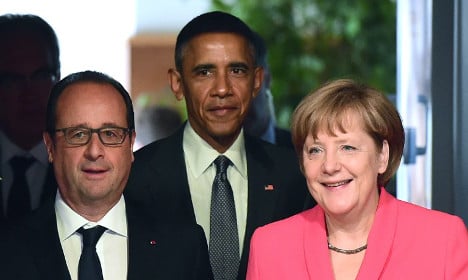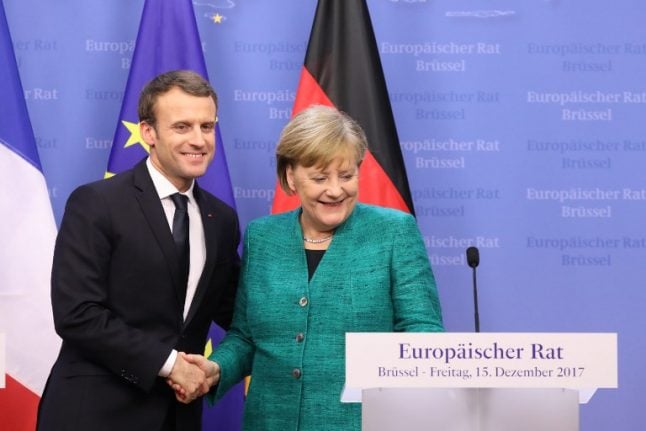The United States overtook France to become Germany's most important trading partner last year for the first time
since the mid-1970s, official data showed on Wednesday.
“According to provisional data, goods worth a total €173.2 billion ($188 billion) changed hands between Germany and the US in 2015,” the federal statistics office Destatis said in a statement.
“That meant the US was Germany's most important trading partner in 2015, followed by France with €170.1 billion worth of goods and the Netherlands with €167.6 billion,” the statement said.
In terms of exports, the US was the biggest foreign buyer of German-made goods in 2015, with exports amounting to 113.9 billion euros last year.
Exports to France, the country to which Germany has exported the most every year since 1961, amounted to 103 billion euros.
The United Arab Emirates followed in third place, with exports totalling €89.3 billion.
France has always been seen as Germany's primary trading partner in the past, underlining the close political and economic ties between Europe's number one and number two economies.
But the weakness of the euro against the dollar and the pick-up in the US economy has boosted Germany's transatlantic trade.
On the import side, Germany imported the most goods from China last year — €91.5 billion in all.
The Netherlands and France followed in second and third place with imports of €88.1 billion and €67 billion respectively, Destatis calculated.



 Please whitelist us to continue reading.
Please whitelist us to continue reading.
Member comments